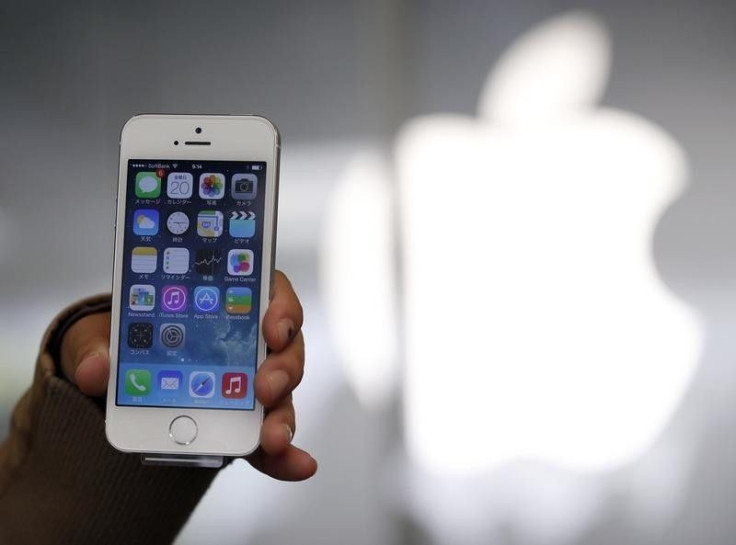The Future of Unlocked Handsets: Why It May be Possible to Switch Carriers Easily Soon

Under the Digital Millennium Copyright Act, it is illegal for user to unlock their cellphones in the United States of America. Now, the US House of Representatives has reversed that supposed mistake by approving the unlocking of cellphones. Since US President Obama is said to be eager to sign the law, the people may soon opt to take whatever network provider they wish to transact with. This overturn was done due to the massive petition, which encased 100,000 signatures.
US users and consumers felt like they were getting the raw end of the deal. In their minds, they have questioned why it is legal to unlock cellphones and change network carriers in most parts of the world, but not in the US. Now that the bill has passed, US residents have more flexibility to get the carrier of their choice. But this does not mean that users can do whatever they want. They may unlock their phone for as long as the do not violate or disregard any anti-circumvention provision.
The law on unlocking cellphones does have its limitations. The provision supposedly says that unlocking cellphones for the purpose of bulk or "institutional" resale is not permitted. In addition to that, there has been no provision or decision yet on the unlocking of tablets. Of course, future legislation on tables and other devices may still change.
While the law specifically makes it much easier for all US subscribers to unlock their device, network carriers may still have influence in future decisions and outcomes. Typically, carriers would always prefer the unlocking to be done only when the said subscriber has already paid off the full price of the mobile device. A new round of assessment regarding copyright laws is set for next year, 2015. Only then can consumers be more definitive if the unlocking can be extended or reflected on tablets and other devices.






